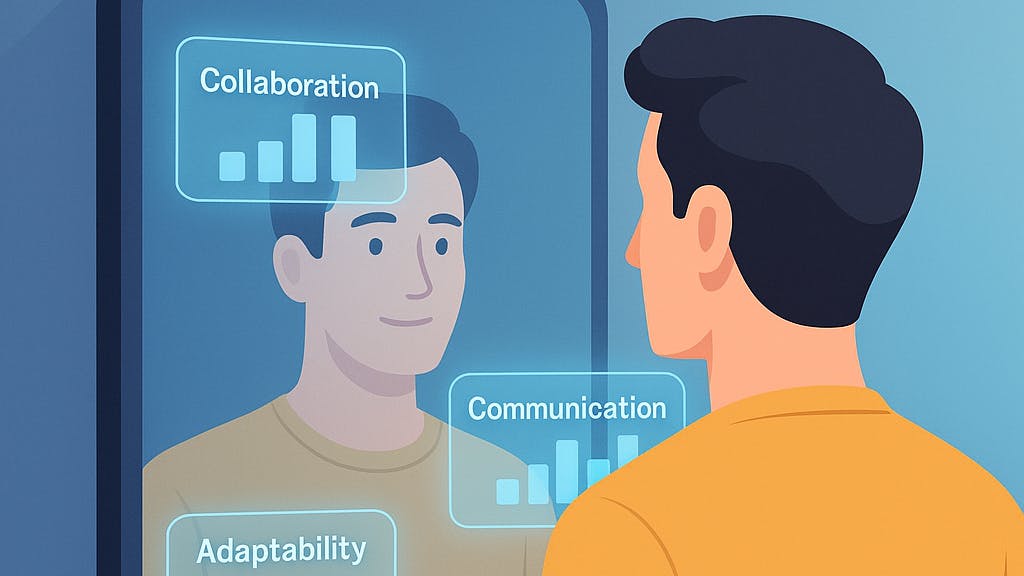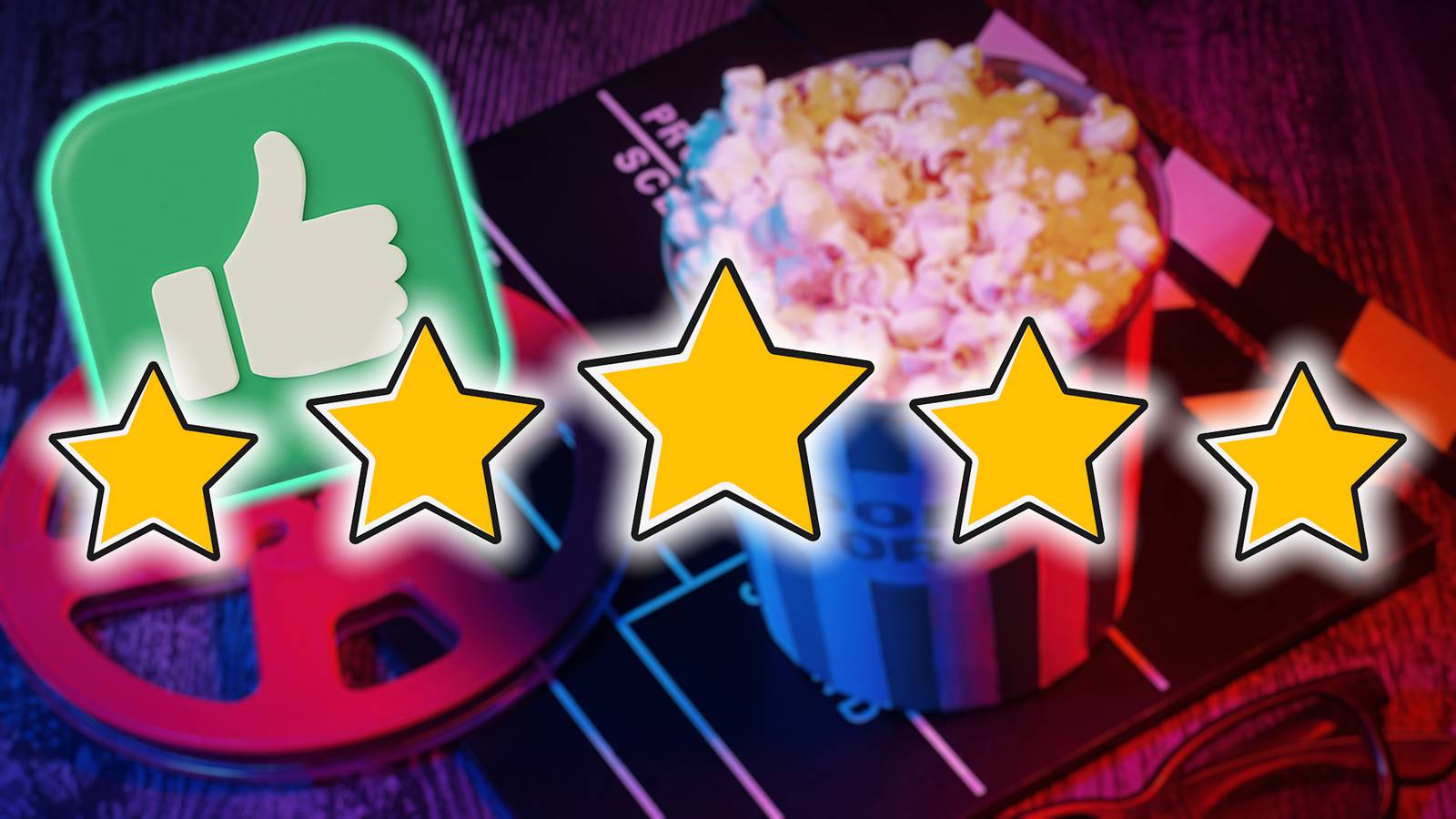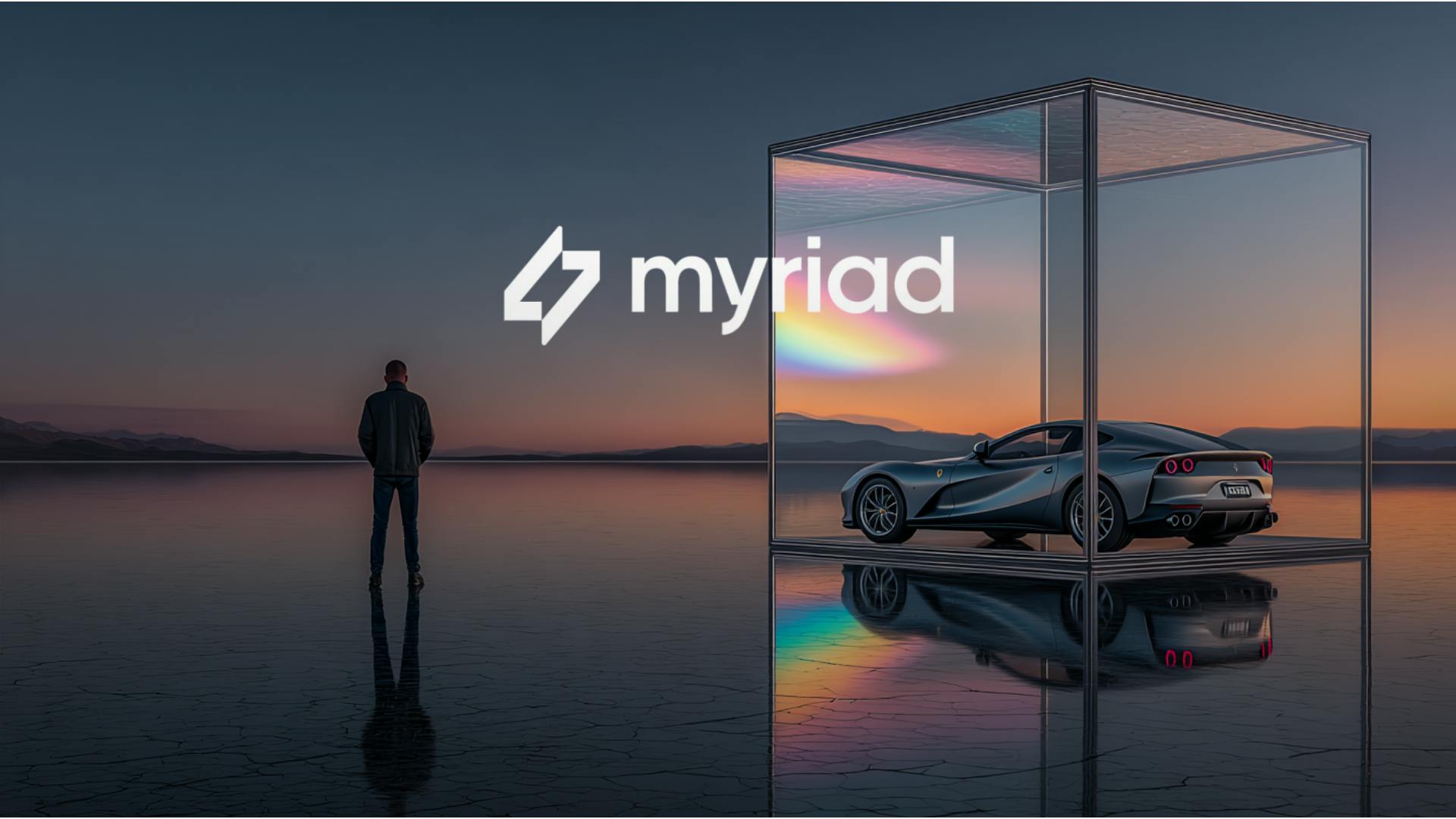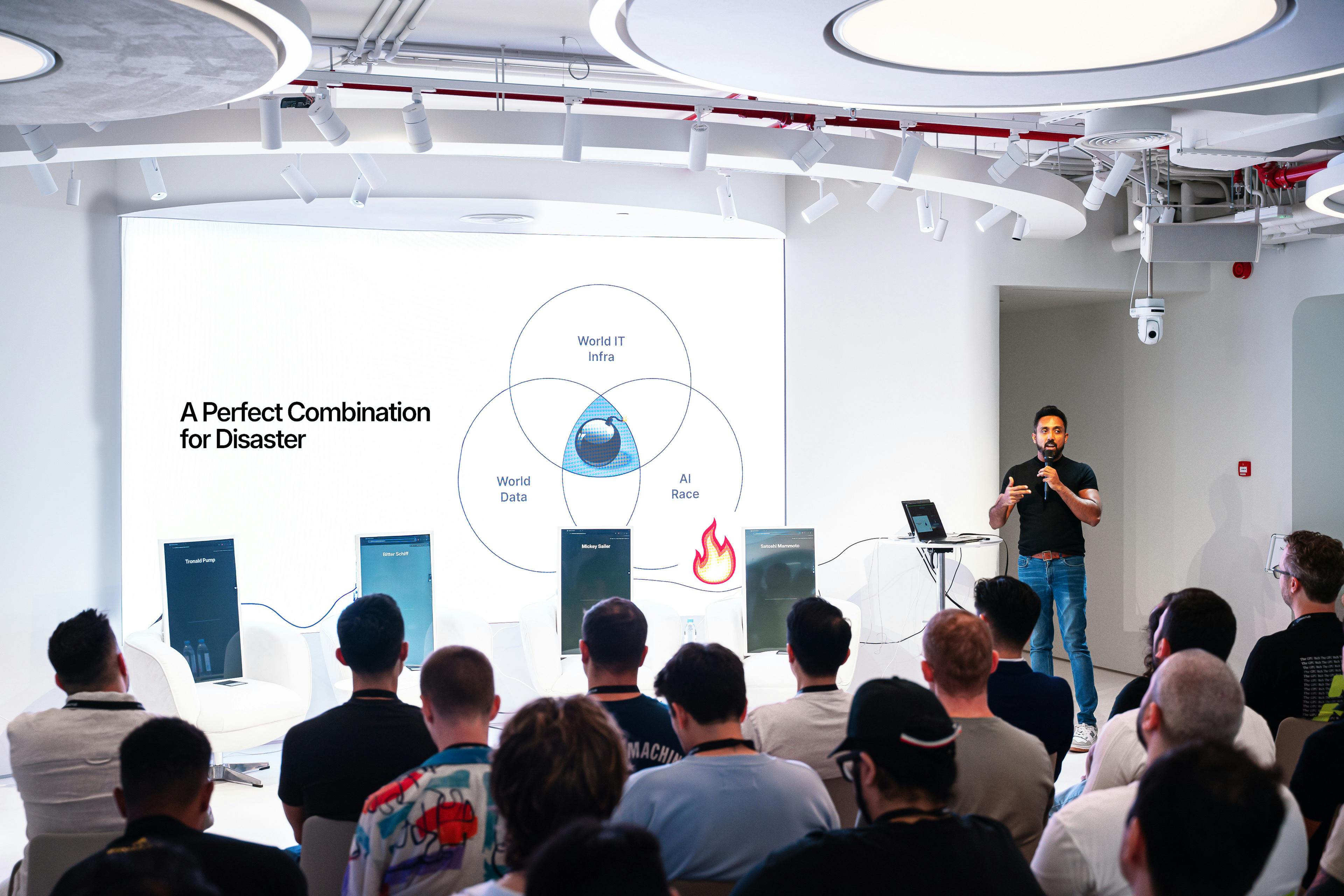Walk into any HR roundtable, and you’ll hear the same refrain: “We don’t have a technical skills gap. We have a soft skills gap.”
Communication. Adaptability. Critical thinking. Emotional intelligence. These are the traits employers say they need most. They’re also the traits that don’t show up on resumes, don’t fit neatly into application forms, and don’t lend themselves to automated screening.
This is the paradox. The more valuable a trait is in today’s economy, the harder it is to define, measure, or verify. And as hiring systems become more digitized, the gap only grows wider.
We Built for What Was Easy to Quantify
Hiring systems evolved in an era where pedigree and experience were proxies for potential. Degrees, titles, and tenures were easier to verify than curiosity, grit, or collaboration. So we built our tools around what could be counted.
Applicant Tracking Systems (ATS) are a reflection of that mindset. They scan for keywords, check boxes, and filter out anomalies. But soft skills are rarely keyword-friendly. A line on a CV that says “strong communicator” means nothing without context.
In trying to standardize hiring, we’ve made it harder to spot the very things that predict success in uncertain, collaborative environments.
Soft Skills Live in Motion, Not on Paper
Unlike technical skills, soft skills don’t exist in isolation. They show up in real time, under pressure, in the messy middle of human interaction.
You can’t assess adaptability in a 30-minute interview. You can’t test leadership with a checkbox. Emotional intelligence doesn’t come with a certificate.
This is why traditional assessments fail. They try to extract context-dependent traits into static formats. But behavior is situational. Someone who thrives in a fast-moving startup may struggle in a rigid hierarchy. Collaboration looks different in a remote team than in an office.
Measurement Without Meaning
To bridge the gap, many companies turned to psychometric tests, personality quizzes, or AI-powered assessments. But these tools often reduce people to labels or patterns. Worse, they can introduce new biases under the illusion of objectivity.
We’ve seen personality types assigned like zodiac signs. We’ve seen emotional intelligence scores that fluctuate wildly depending on the test format. We’ve even seen candidates rejected because they didn’t match the behavioral profile of a company’s top performer—as if diversity of approach were a liability, not an asset.
Quantifying soft skills isn’t just a technical problem. It’s a design problem. We need systems that respect complexity, not erase it.
What Might Work Better
The future of soft skills assessment lies in simulation, not simplification.
Imagine job applications where instead of uploading a PDF, candidates navigate a challenge relevant to the role. A customer service applicant handles a mock complaint. A team lead prioritizes under resource constraints. A designer collaborates in real time with a fake product manager.
This isn’t science fiction. Companies like Unilever, Deloitte, and Marriott have piloted game-based assessments and behavioral simulations. Platforms like Duolingo, which gamify language learning, show how engagement and feedback loops can transform skill development. Why not apply that to hiring?
When people are immersed in realistic scenarios, they reveal how they think, not just what they say. That’s where soft skills live.
The Role of Digital Reputation
But simulation alone isn’t enough. What we also need is memory—systems that track growth over time.
That’s where digital reputation comes in.
Imagine a dynamic, evolving profile that reflects not just what a person has done, but how they’ve behaved in key moments: collaboration scores from peer feedback, learning patterns from training modules, emotional resilience from simulation logs. Instead of one-off snapshots, we build a timeline of behavior—what someone learns, how they adapt, and who they become over time.
This kind of digital reputation doesn’t replace human judgment. It enhances it. It allows hiring managers to see behavioral signals that aren’t visible on a resume. It also helps individuals understand their own strengths and blind spots with greater clarity.
When built ethically and transparently, digital reputation systems can restore fairness and dimension to hiring. They acknowledge that people are more than profiles—they are patterns of behavior unfolding across contexts.
We Don’t Need a Perfect Score. We Need a Better Signal.
Not everything needs to be measured with decimal-point accuracy. But we need better signals than self-written summaries and keyword filters. Signals that reflect how someone reacts, learns, adjusts, and supports others in context.
Soft skills aren’t soft because they’re optional. They’re soft because they’re fluid. That doesn’t mean they’re unmeasurable. It means we need to stop forcing them into formats built for hard facts.
The future of hiring won’t be found in better filters. It will be found in smarter mirrors—tools that reflect who someone is becoming, not just who they’ve been.








